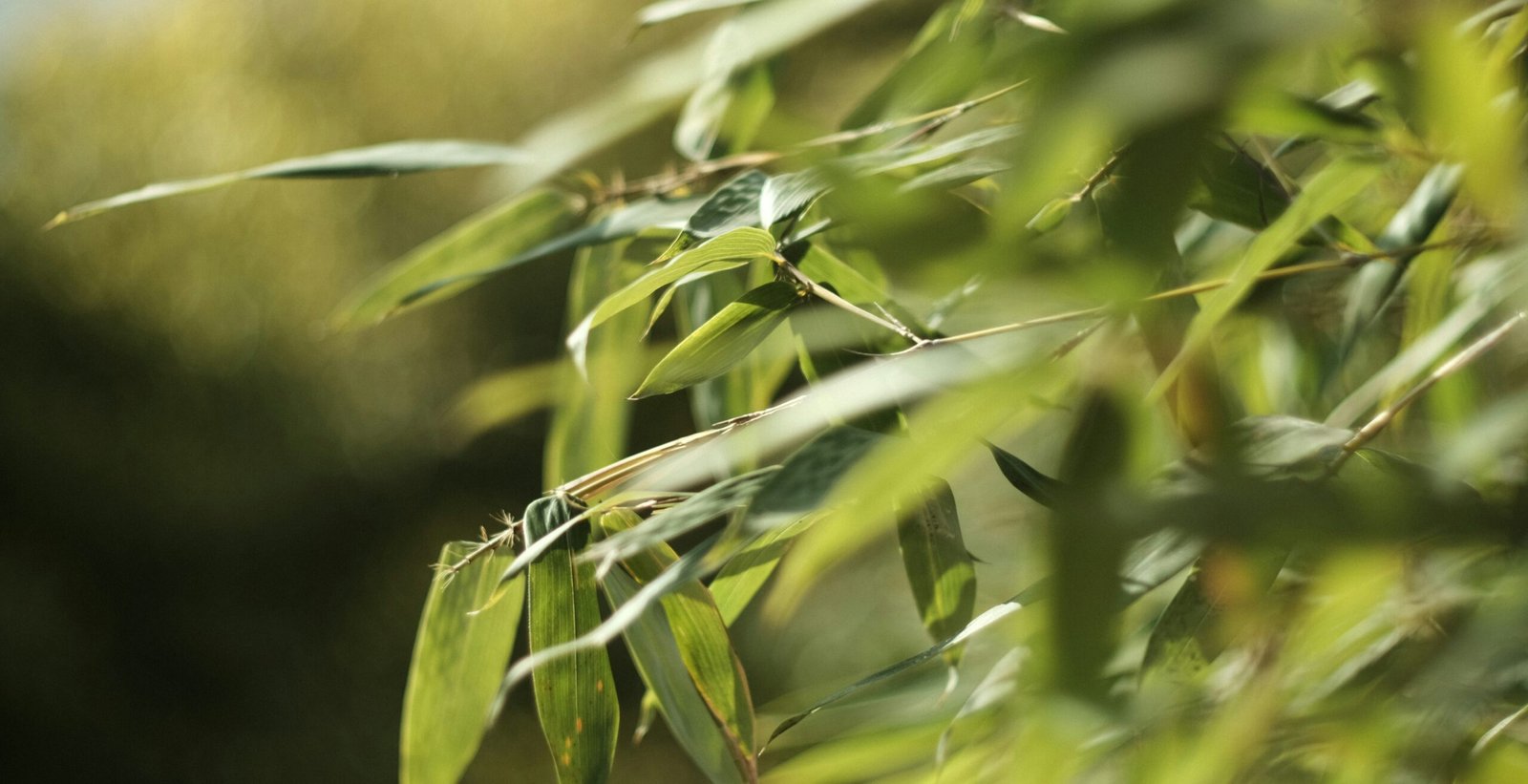The Benefits of Eco-Friendly and Biodegradable Products

Why Eco-Friendly and Biodegradable Products?
In today’s world, choosing eco-friendly and biodegradable products is more important than ever. These products help protect our planet and offer many benefits for both the environment and our daily lives. Let’s explore why switching to these sustainable alternatives is a great idea.
1. Reducing Pollution
Traditional plastics take hundreds of years to break down, causing pollution in our landfills, oceans, and natural habitats. Eco-friendly and biodegradable products, on the other hand, decompose naturally and don’t leave harmful residues behind. This means less pollution and a cleaner environment for everyone.
Example: Biodegradable Packaging
Biodegradable packaging, made from materials like cornstarch and bamboo, breaks down quickly and reduces waste. This helps keep our oceans and land free from harmful plastic debris that can hurt wildlife.
2. Saving Natural Resources
Eco-friendly products are often made from renewable resources, which helps conserve important materials like water, minerals, and fossil fuels.
Example: Bamboo Products
Bamboo grows quickly and needs very little water, making it a great alternative to traditional wood and plastic. Products like bamboo utensils and toothbrushes are durable and help reduce the need for other less sustainable materials.
3. Lowering Carbon Footprint
Producing and disposing of traditional plastics releases a lot of greenhouse gases, which contribute to climate change. Eco-friendly products typically use less energy to make and have a smaller carbon footprint.
Example: Recycled Paper
Using products made from recycled paper reduces the need for new raw materials and lowers energy use. It also helps cut down on deforestation and the amount of waste in landfills.
4. Supporting a Sustainable Lifestyle
Eco-friendly and biodegradable products often fit into a sustainable lifestyle, where items can be reused, recycled, or composted, reducing overall waste.
Example: Compostable Tableware
Compostable plates and cutlery can be turned into compost along with food scraps, enriching the soil instead of ending up in a landfill.
The Benefits of Non-Plastic Goods
Choosing products made from materials other than plastic also has many advantages.
1. Avoiding Harmful Chemicals
Many plastics contain chemicals that can be harmful to our health. Non-plastic goods made from materials like glass or stainless steel do not have these risks.
Example: Glass Storage Containers
Glass containers are safe for storing food and don’t release any harmful substances. They are also reusable and recyclable, making them a healthier and more eco-friendly choice.
2. Durability and Longevity
Non-plastic goods are often more durable and last longer, meaning you don’t have to replace them as often. This reduces waste and saves money in the long run.
Example: Stainless Steel Water Bottles
Stainless steel water bottles are tough and can be used for many years, unlike single-use plastic bottles. They are also recyclable, further reducing environmental impact.
3. Encouraging Sustainable Practices
By choosing non-plastic products, we support companies that use sustainable materials and practices. This helps promote a greener economy and encourages innovation in eco-friendly technologies.
Example: Hemp-Based Textiles
Hemp grows easily with little water and no pesticides, making it a sustainable crop. Textiles made from hemp are strong, biodegradable, and better for the environment compared to synthetic fabrics.
Conclusion
Switching to eco-friendly, biodegradable, and non-plastic products is a simple yet powerful way to make a positive impact on the environment. These choices help reduce pollution, conserve resources, lower our carbon footprint, and support sustainable practices. By making mindful decisions about the products we use, we can contribute to a healthier planet for ourselves and future generations. Let’s take the step towards a greener lifestyle and make a difference today!


 Bags & Wallet
Bags & Wallet
